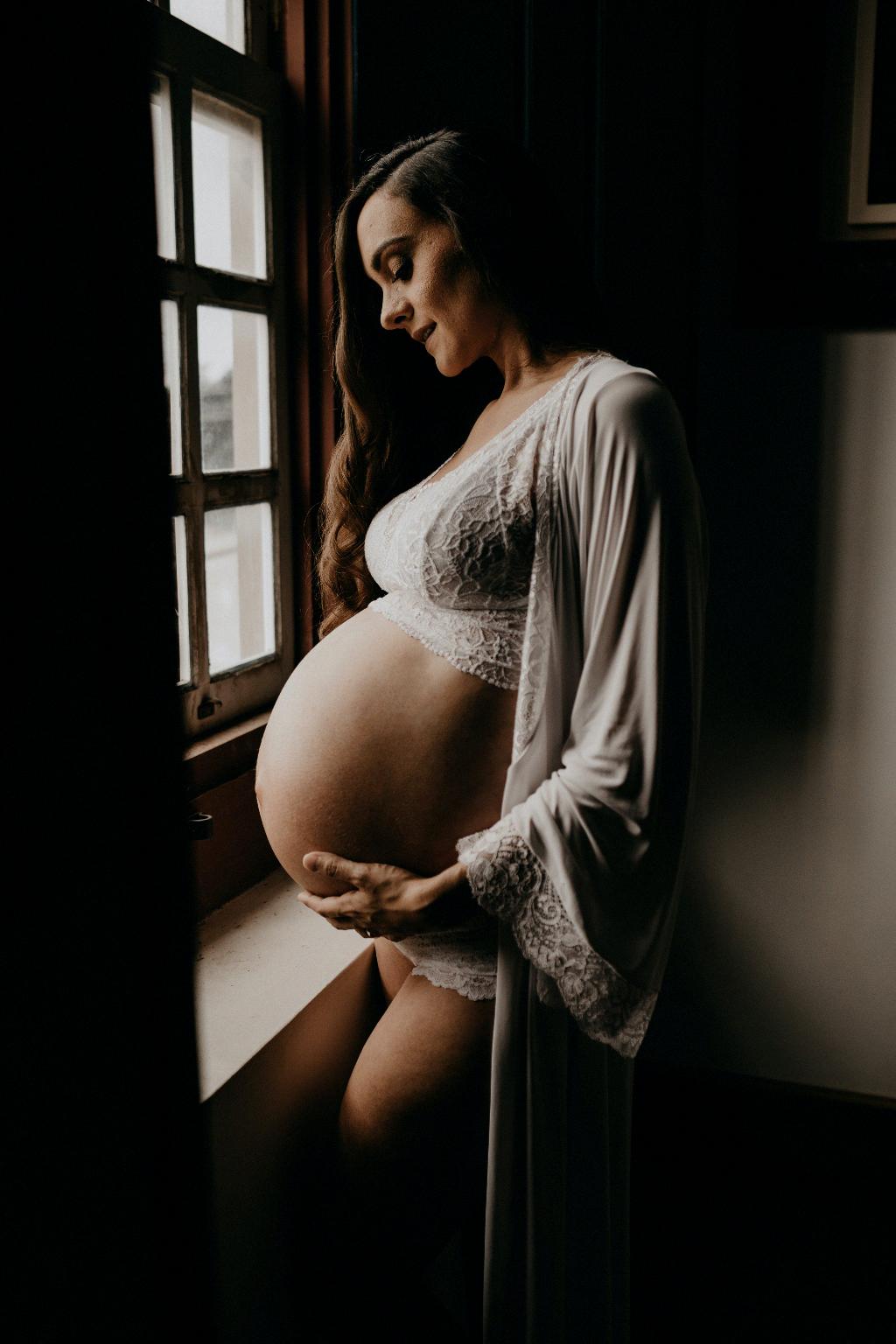Cramps during pregnancy can often be a cause for concern, especially when you reach the third trimester of pregnancy. While it is normal to experience some cramping during this stage, it is essential to be aware of when these cramps may signal a more serious issue.
Frequency of Cramps
One key factor to consider is the frequency of cramps you are experiencing. If you are having more than six episodes of cramping in an hour, especially before 37 weeks of pregnancy, it is crucial to consult your healthcare provider. Such frequent cramping could be a sign of preterm labor, and immediate medical attention may be necessary.
Intensity of Cramps
Another point to pay attention to is the intensity of the cramps. While mild cramping is common as the uterus expands and prepares for labor, severe or persistent cramps that do not subside with rest and hydration could indicate a more serious issue.
Accompanying Symptoms
It is important to consider any accompanying symptoms along with cramps. If you experience cramping along with vaginal bleeding, fluid leakage, intense back pain, or a change in vaginal discharge, it is advised to contact your healthcare provider immediately for further evaluation.
Timing of Cramps
The timing of cramps can also provide valuable information. Cramps that occur at regular intervals and gradually increase in intensity may be a sign of labor starting. However, if you are in the third trimester and experiencing irregular or sudden cramps, it is advisable to seek medical advice promptly.
Personal Health History
Your personal health history plays a significant role in determining when to worry about cramps in the third trimester. If you have a history of pregnancy complications or preterm labor, it is essential to be extra vigilant and consult your healthcare provider at the first sign of unusual cramping.
Stress and Dehydration
Factors such as stress and dehydration can also contribute to cramping during pregnancy. Ensuring you stay hydrated, practice relaxation techniques, and avoid overexertion can help alleviate cramps. However, if cramps persist despite these measures, seeking medical advice is recommended.
Monitoring Fetal Movements
Keeping track of your baby’s movements can provide valuable insights into your pregnancy’s well-being. If you notice a decrease in fetal movements along with cramping, contact your healthcare provider promptly to ensure the baby’s health is not compromised.
Consulting Your Healthcare Provider
When in doubt about the significance of cramps in the third trimester, it is always best to consult your healthcare provider. They can assess your symptoms, perform necessary examinations, and provide guidance tailored to your specific situation.
Emergency Situations
If you experience sudden and severe cramping, along with symptoms such as dizziness, fainting, or fever, do not hesitate to seek immediate medical attention. These could be signs of a more critical issue that requires urgent intervention.
Trust Your Instincts
Ultimately, trust your instincts when it comes to your pregnancy. If you feel that something is not right or the cramps are concerning you, do not hesitate to reach out to your healthcare provider. Your well-being and that of your baby are of utmost importance.
Conclusion
In conclusion, while experiencing cramps in the third trimester is common, it is essential to be vigilant and aware of potential red flags. By monitoring the frequency, intensity, accompanying symptoms, and seeking timely medical advice, you can ensure a safe and healthy pregnancy journey.

